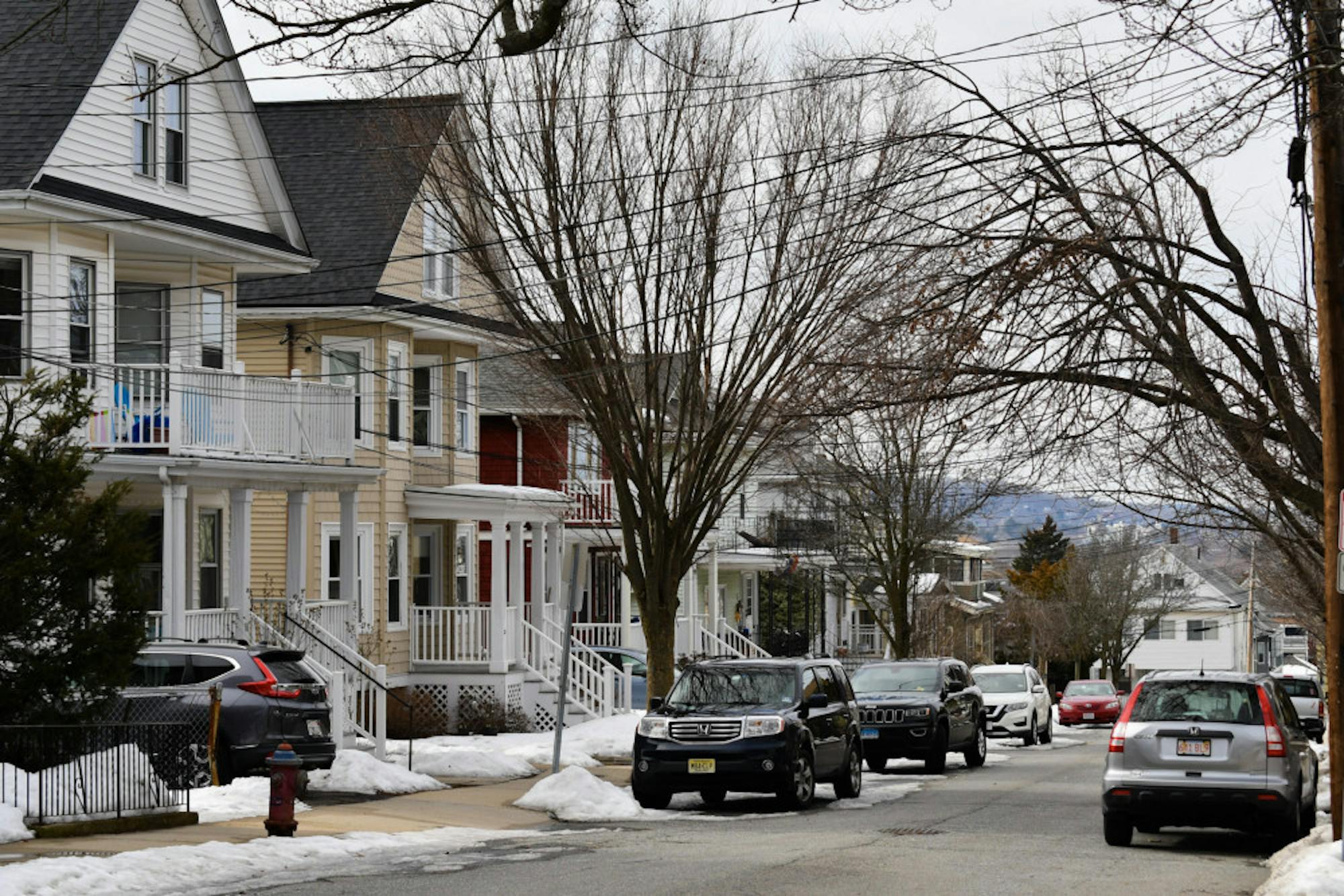The Center for State Policy Analysis at the Jonathan M. Tisch College of Civic Life released a report on Feb. 17 detailing the short-term and long-term challenges of Massachusetts’ unemployment insurance system. The report also included evidence-based ways for lawmakers to address these challenges.
During the COVID-19 pandemic, unemployment benefits have helped to support laid-off workers, which, in turn, helped the state’s economy and tax revenues through the spending of these benefits at local businesses, the report said.
However, in the process, Massachusetts has depleted its unemployment insurance savings account and has had to borrow $2.2 billion from the federal government thus far to cover all the unemployment benefits from job losses.
"The pandemic has exposed serious shortcomings in Massachusetts' unemployment insurance system," the report said.
The report was written by Executive Director of the Center for State Policy Analysis Evan Horowitz, and reviewed by three individuals from other universities and institutes.
This issue is pressing, Horowitz said, because Massachusetts has to pay back the borrowed money, as well as save for future economic downturns. He explained that the state is supposed to set money aside when the economy is thriving, so it has money to pay for unemployment when the economy is suffering.
"What happened this time, the economy was so bad that basically nobody had enough money to cover it, but also, we never set aside an amount adequate to cover even a medium-sized recession, much less a catastrophic one," Horowitz said.
Massachusetts’ unemployment insurance savings account is funded by taxing employers, with higher tax rates for businesses that lay off more workers claiming unemployment benefits. Thus, local businesses and workers have the responsibility of paying off this debt. According to Horowitz, businesses afford these higher tax rates by reducing workers' paychecks by about the amount of the tax.
"It's actually the workers who are losing," Horowitz said. "[And] it probably disproportionately hurts lower-wage workers."
John Regan, the president and CEO of Associated Industries of Massachusetts, a business trade association that advocates for businesses to ensure the health of Massachusetts’ economy, explained the relationship between increased unemployment insurance tax rates and lower worker compensation.
“There are non-wage costs of doing business, health care being probably the biggest … worker's compensation insurance, unemployment insurance,” Regan said. “These are all costs that the business bears … As non-wage costs go up, the employer … in order to remain profitable, may need to pay workers less than they might otherwise pay them.”
The unemployment insurance tax rate changes according to the reserves in the savings account with a decrease in rates when the reserves are high and an increase in rates when the reserves are low. The unemployment insurance employer tax rate is set to increase this year without legislative action, but the timing of the increase is not optimal due to the struggles businesses are currently facing, the report said.
Horowitz described the challenges now facing the state.
“One is a short-term challenge … We really have to pay off our debts or we’re going to start paying interest on them pretty quickly,” Horowitz said. “The longer-term challenge [is that] we never were setting aside enough money. We have to find a way to fix the system so that in the future we are in a better position.”
Massachusetts has underfunded the unemployment insurance account for much of the last decade due to lawmakers freezing the tax rates.
Horowitz explained the politics of this issue.
"When you have an automatic system in place, the beauty of it is it's supposed to just work, and nobody has to intervene … [but] people keep overriding those means, even if you put in place the best policies," Horowitz said. "That's a major political challenge because it means even if you get the law right, there's little to stop future legislators from preventing it from working the way it's supposed to."
Though the report found that this trend will lead to long-term insolvency and debt in the future, it advised a short-term freeze followed by long-term changes that will build up reserves during a strong economic period.
To address the underfunding, the report proposed that the state can index the taxable wage base so taxes are adjusted every year to match the percentage in wage growth or raise. The state could also raise the taxable wage base from $15,000 to $30,000 or $40,000 as other states have done to address the disproportionate burden on smaller, lower-wage businesses.
This issue has gained attention partly because Gov. Charlie Baker proposed a bill to exchange the $2.2 billion debt to the federal government for bonds that employers can pay back in the next 30 years. The bonds would cover the current unemployment insurance funding deficits and additional deficits through 2025. This proposal eliminates the unemployment insurance tax increase on employers and prevents further interest payments on the debt, the report said.
Phineas Baxandall, a senior analyst at MassBudget who focuses on unemployment issues, said he wished Baker’s bill addressed long-term changes to the unemployment insurance system.
“I would have liked the bill to restore the state’s unemployment insurance reserves to ensure long-term solvency and to make the system more equitable,” Baxandall wrote in an email to the Daily. “Both ends could be achieved by widening the wage base on which taxes are levied.”
Regan echoed Baxandall and expanded on the inequities of this bill.
“Companies that incur the debt might go out of business, leaving the burden to pay to fall on people who maybe didn't lay that many people off in the first place,” Regan said.






